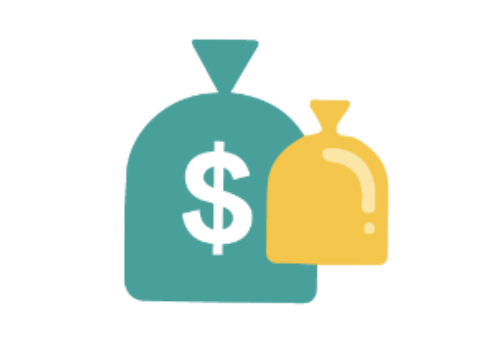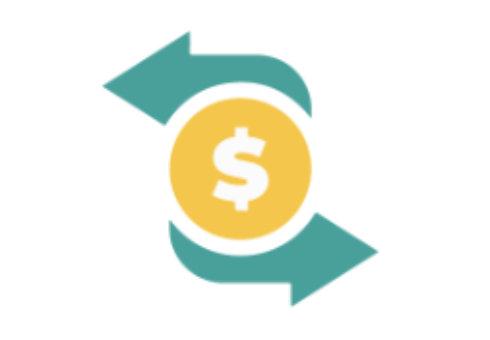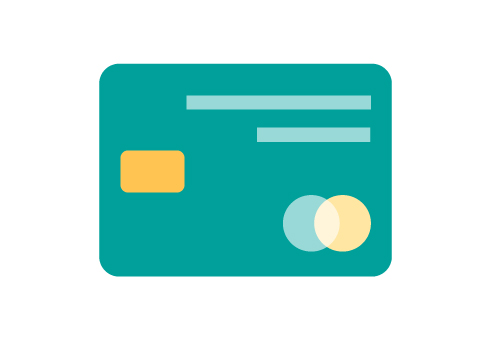- Universal Cash Handout Anti-Fraud Reminder
The correct official website for universal cash handout promotion is ‘10000.gov.tw’. The government will not notify recipients by phone, SMS, or email to claim money or register, nor will it request any ATM or online banking transfers. Please be cautious of false information to avoid scams.
- Do not lend your Citizen Digital Certificate to others
The Citizen Digital Certificate is a personal digital signature tool exclusively for individual use. Do not lend your certificate or disclose your password to others.
- Avoid fraudulent groups pretending to be investment consulting
Visit the website of the SITCA (www.sitca.org.tw) to check if the remittance account is correct.
- Do not disclose and verify personal information
Do not disclose or verify personal information such as ID number, date of birth, account opening branch, credit card number, password or authentication code, or account information before confirming the identity of the caller or the authenticity of the website.
- Do not follow the instructions of unknown callers
Do not follow the instructions of unknown callers for operations such as ATM, Internet banking/mobile banking, credit card transactions (online transactions/physical store credit card transactions).
- Do not click on unknown links
Ensure the authenticity of the link provider or URL before clicking on any text message links or email links.
- Do not trust the screenshot of bank transaction results
When receiving a screenshot of a bank transaction APP, please double confirm the account information on Internet banking/mobile banking at the same time.
- Do not trust high return, low risk, or unfamiliar investment opportunities
If you have any investment needs, please visit the websites of the FSC and the SITCA to enquire legal investment channels.
- Verify the identity of the marketing caller
E.SUN does not require customers to pay relevant fees or send personal account information during the process of loan application. E.SUN’s marketing personnel have received complete education and training, and will indicate their representing units and identity information when marketing.

.svg)








